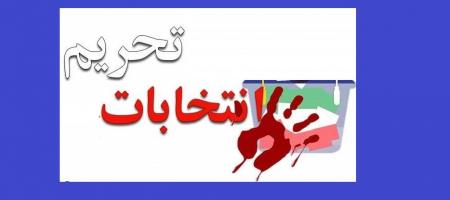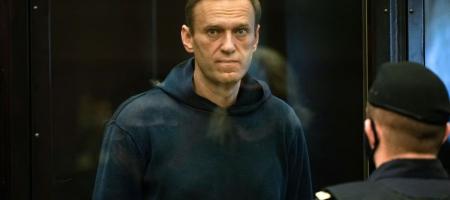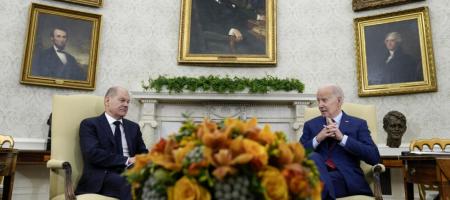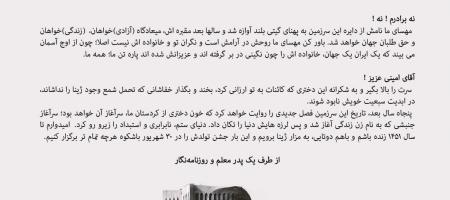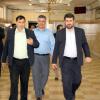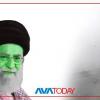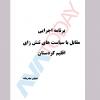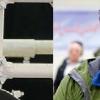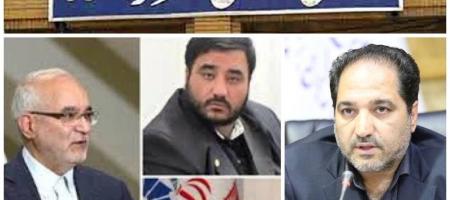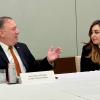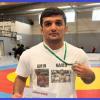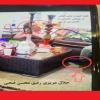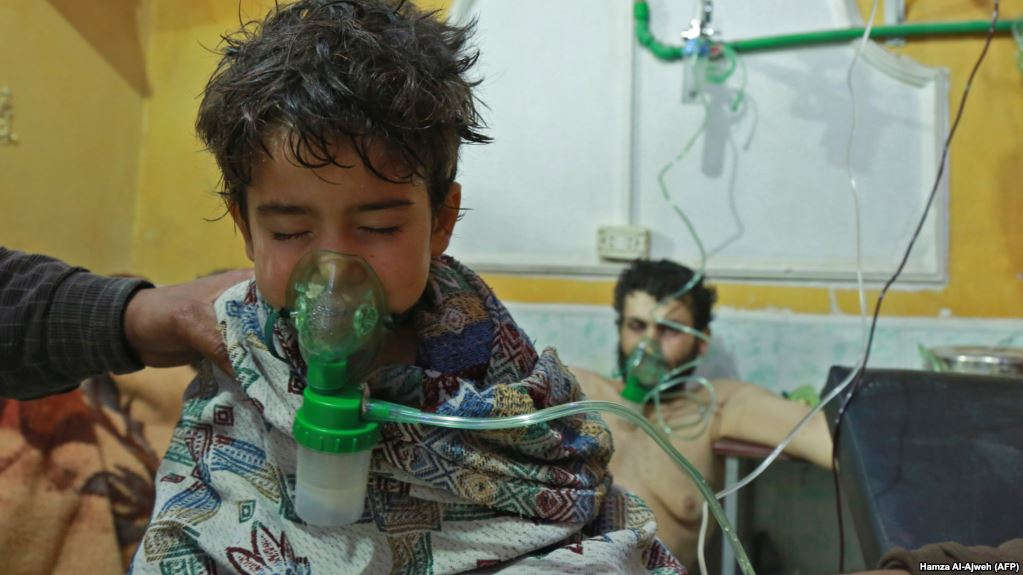
The United Nations has called for an extension of Russia's daily five-hour pause in military activity in the besieged eastern Ghouta area while the European Union has urged Russia, Iran, and Turkey to fully implement a UN order for a cease-fire.
"Five hours is better than no hours but we would like to see any cessation of hostilities be extended," UN spokesman Stephane Dujarric said on February 26.
Defense Minister Sergei Shoigu said on February 26 that President Vladimir Putin ordered a "humanitarian pause" from 9 a.m. to 2 p.m. local time, Russian news agencies reported.
A humanitarian corridor will be opened in Ghouta to allow civilians to leave, Shoigu also said.
Yury Yevtushenko, a Russian official based in Syria, said on February 26 that Syrian government troops would not carry out any air strikes during the daily five-hour-long pause.
The announcement comes after the UN Security Council on February 24 passed a resolution demanding a 30-day cease-fire "without delay" to allow aid deliveries and medical evacuations in Syria's conflict areas.
The move followed a week of intense bombardment by Syrian government forces in the besieged area near Damascus that killed more than 540 people, according to activists.
EU foreign-policy chief Federica Mogherini said that Russia, Turkey, and Iran held a special responsibility for implementing the UN cease-fire because they are the guarantors of the so-called Astana process, aimed at de-escalating violence in Syria.
"First and foremost, we need to see the cease-fire put in place," Mogherini said. "Every single minute we wait, there are people dying," she added.
But Britain dismissed the Russian move to implement a five-hour pause on attacks.
A UN spokeswoman said on February 26 that at least 30 civilians had been killed in eastern Ghouta -- where some 400,000 people live -- in the past two days since the UN's 30-day cease-fire resolution was passed.
The situation there led to a growing outcry from the United Nations, Western capitals, and humanitarian groups, with UN Secretary-General Antonio Guterres calling it "hell on Earth."
Speaking at the opening of the UN Human Rights Council's annual session, Guterres said earlier on February 26 that aid agencies were ready to deliver life-saving aid and evacuate critically wounded from the enclave.
He added that Security Council resolutions were "only meaningful if they are effectively implemented and that is why I expect the resolution to be immediately implemented and sustained."
The Britain-based Syrian Observatory for Human Rights said air strikes and shelling killed nine civilians there on February 26, a day after a suspected chlorine gas attack in the rebel-held territory.
Russia, along with Iran, has given Assad's government crucial support throughout the seven-year war in Syria, which began with a government crackdown on peaceful protests. Moscow helped turn the tide of the conflict in Assad's favor by launching a campaign of air strikes in 2015 and stepping up its military presence on the ground.
Meanwhile, Russian Foreign Minister Sergei Lavrov said the proposed cease-fire in Syria would take effect once all sides had agreed on how it should be implemented and insisted that the truce does not apply to "terrorist groups."
"We will never support any actions aimed at exempting terrorists from a legitimate strike," he said.
The UN resolution affirmed that the proposed cessation of hostilities would not apply to military operations against the jihadist groups Islamic State (IS), Al-Qaeda, and Al-Nusra Front.
Syria and its allies Russia and Iran often refer to Sunni rebels as "terrorists," including groups allied with Western countries and Arab states as well as extremist groups like IS.
Lavrov also said that reports of an alleged chemical attack in eastern Ghouta were "fake stories," despite videos and various photos of alleged victims of the attack being shown in the media.
The Syrian government denies using chemical weapons, although a UN investigation documented the use of such weapons on multiple occasions.
On February 25, Iran said attacks on "terrorists" outside the Syrian capital would continue but that Tehran and Damascus would respect the cease-fire elsewhere in the country.
Meanwhile, Turkey said on February 26 that it had sent special forces into the northern Syrian region of Afrin ahead of a "new fight" in urban areas as it battles the U.S.-backed Kurdish militia known as the YPG.
During a telephone on February 26, French President Emmanuel Macron told his Turkish counterpart, Recep Tayyip Erdogan, that the proposed truce must be applied across Syria, including in Afrin, the French presidency said.
But Turkey has said the cease-fire will not affect its fight against the YPG, which it views as a terrorist organization.
Macron and German Chancellor Angela Merkel also spoke by telephone with Russian leader Vladimir Putin on February 25 about the implementation of the cease-fire, the Kremlin said.
U.S. President Donald Trump on February 23 accused Russia, Iran, and the Syrian government of being responsible for a "humanitarian disgrace" in Syria.

